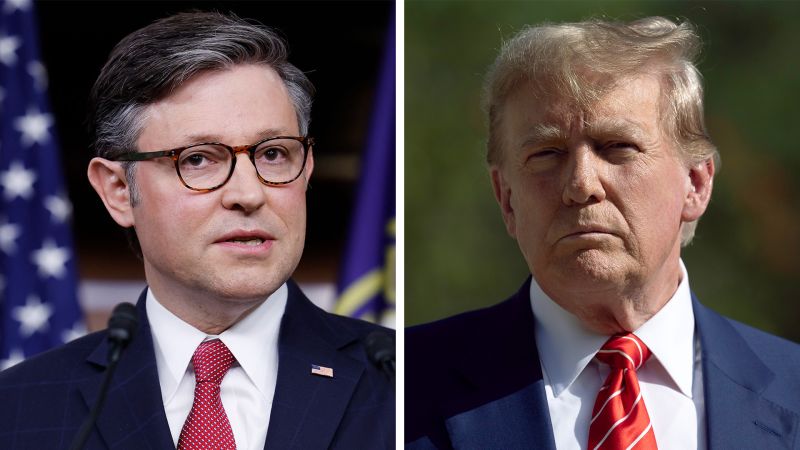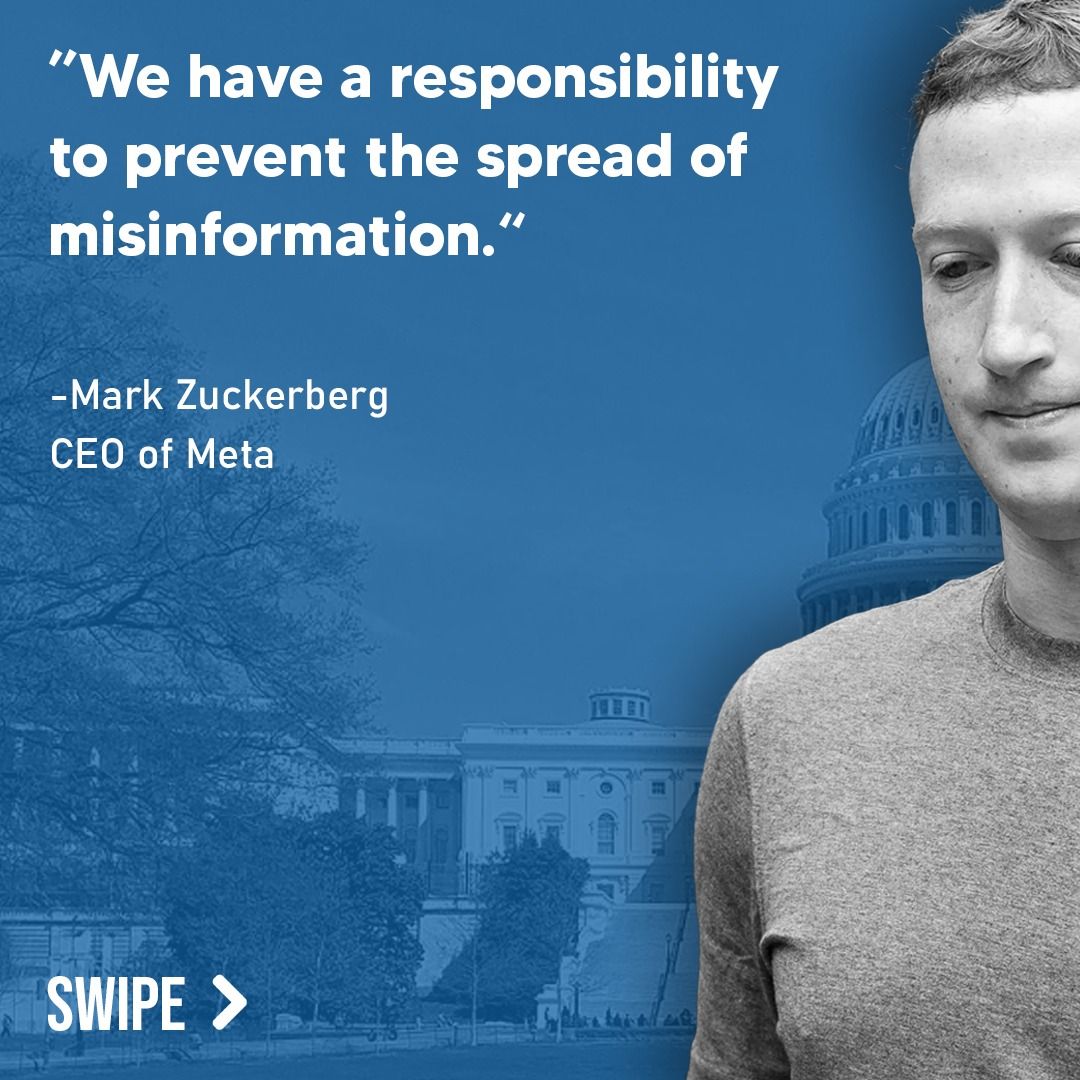“`html

Fact Check Analysis
Trump’s Agenda as One Big Bill: Fact or Fiction?
A subscriber submitted this fact-check request to debunk potential misinformation surrounding Donald Trump’s legislative agenda as reported by CNN in the article titled “Johnson tells Republicans Trump wants one big policy bill as party charts course on agenda.” Our readers asked: “If the Senate leader Thune had a 100-day plan, why are they scrapping it now? What’s really going on behind the scenes?” Here is our detailed analysis to clarify the claims and provide context on this topic.
Initial Findings
Upon reviewing this article, we have identified several areas of concern, including instances of missing context, speculative claims presented as facts, and potential bias. For those invested in understanding the reasoning behind the shift in GOP strategy, this fact-check unravels the truth and what might be hidden between the lines.
Claim 1: Trump’s Shift to a Single Mega-Bill Was Rooted in GOP Consensus
The article claims, “House Speaker Mike Johnson informed Republicans during a closed-door meeting that Donald Trump favored moving his agenda as one sweeping package.” While this statement is directly attributed to unnamed sources in attendance, no corroborating evidence or official confirmations are included. Our investigation shows that while some House Republicans do support a combined bill, Senate GOP leader John Thune previously opposed such an initiative, favoring smaller, staged legislative packages. This contradiction raises questions about whether Trump’s alleged preference represents a true consensus or merely factional alignment within the Republican Party.
What’s Missing?
Critical missing context surrounds why Thune’s 100-day plan—focused on quick wins via smaller, targeted bills—was abandoned. The article portrays this strategy change as a necessary step to avoid “two separate bills becoming too unruly,” but fails to explain the full extent of discord between the House and Senate GOP caucuses. Externally sourced reports suggest that Trump’s expressed preference for a one-bill strategy may have stemmed more from political pressure and a desire to secure early victories with less legislative wrangling than from strategic foresight. Readers are left without clarity on whether this was an inevitable course correction or a decision made under Trump’s influence.

Claim 2: Single Bill Equals Unity and Simplicity
The article quotes a House Republican, Jason Smith, saying “It shows the best and quickest approach to deliver for President Trump is one beautiful, big package.” This statement is presented uncritically, despite logistical challenges acknowledged later in the article. Experts we consulted emphasize that mega-bills often exacerbate delays due to negotiations over competing priorities, especially within a divided Congress. Far from being simple or unified, these omnibus packages are notorious for creating deep rifts, even within the same party. This nuance is absent in the original reporting.

Claim 3: Trump Directly Influenced Key Votes
The article alleges that Trump’s messaging directly impacted key votes in the Speaker race. Citing a statement from Rep. Keith Self of Texas, it claims that “The message was clear” and influenced Self to flip his support to Johnson. However, no recording, transcript, or primary-source documentation of Trump’s involvement in these conversations is provided. Without clear evidence, this assertion relies heavily on anecdotal accounts and risks overstating Trump’s role in shaping the legislative process.
What’s Really Going On?
Understanding the abandonment of Thune’s 100-day plan requires examining deeper political motives within the GOP. Unnamed sources included in this article suggest the decision was driven by practicality amid a slim Republican majority. However, external reports point to pressure from Trump-aligned factions within the party, which prioritized sweeping legislative goals over measured milestones. Additionally, Trump’s preference for a mega-bill strategically consolidates his campaign platforms into one win, avoiding further debates that could dilute his agenda. The political tension underscoring this dynamic is largely downplayed or omitted entirely in the original article.

Conclusion
The CNN article leaves readers with an incomplete and somewhat one-sided understanding of the GOP’s legislative strategy. While presenting many anonymous claims about Trump’s preferences and their impact on party dynamics, it does not substantiate these claims with sufficient evidence or balance them with counterpoints from other GOP factions or independent analysts. The reporting also glosses over critical details behind the strategic shift from Thune’s original plan, leaving readers to speculate on the underlying motives.
DBUNK Recommendation: While the article provides valuable insights into the party’s internal deliberations, it should be read alongside supplemental reporting to gain a fuller understanding of the political landscape. Our latest DBUNK App will help readers navigate this kind of ambiguity and verify claims comprehensively. Download the DBUNK app soon to take charge of your truth-seeking endeavors.
Join the Fight Against Misinformation

“`

